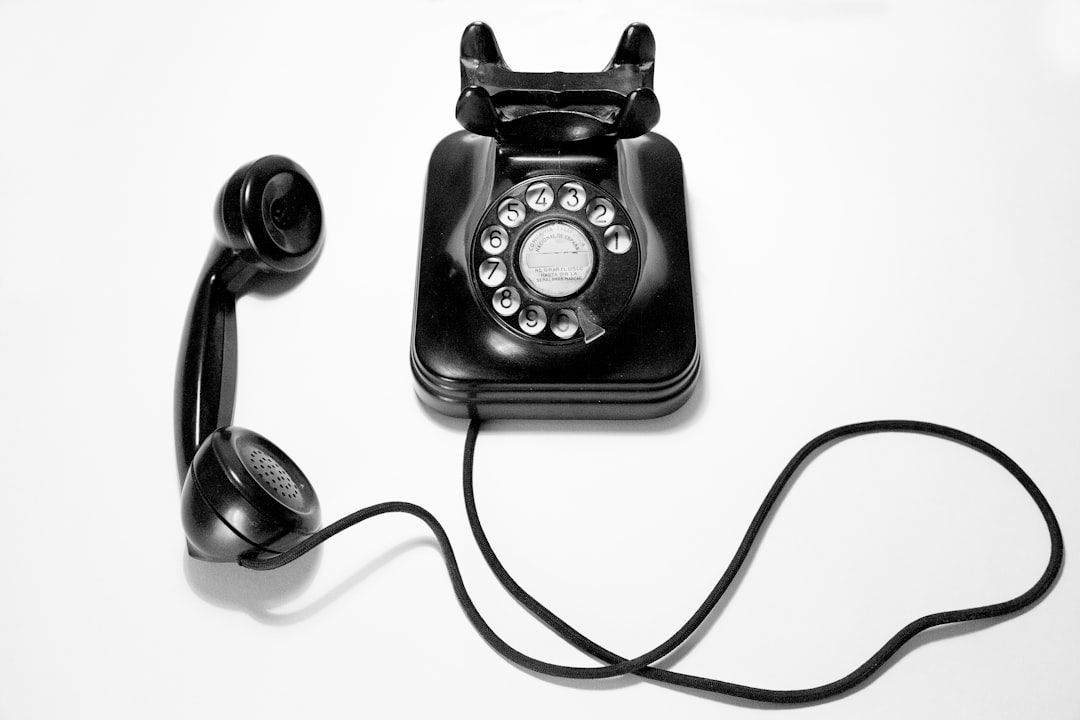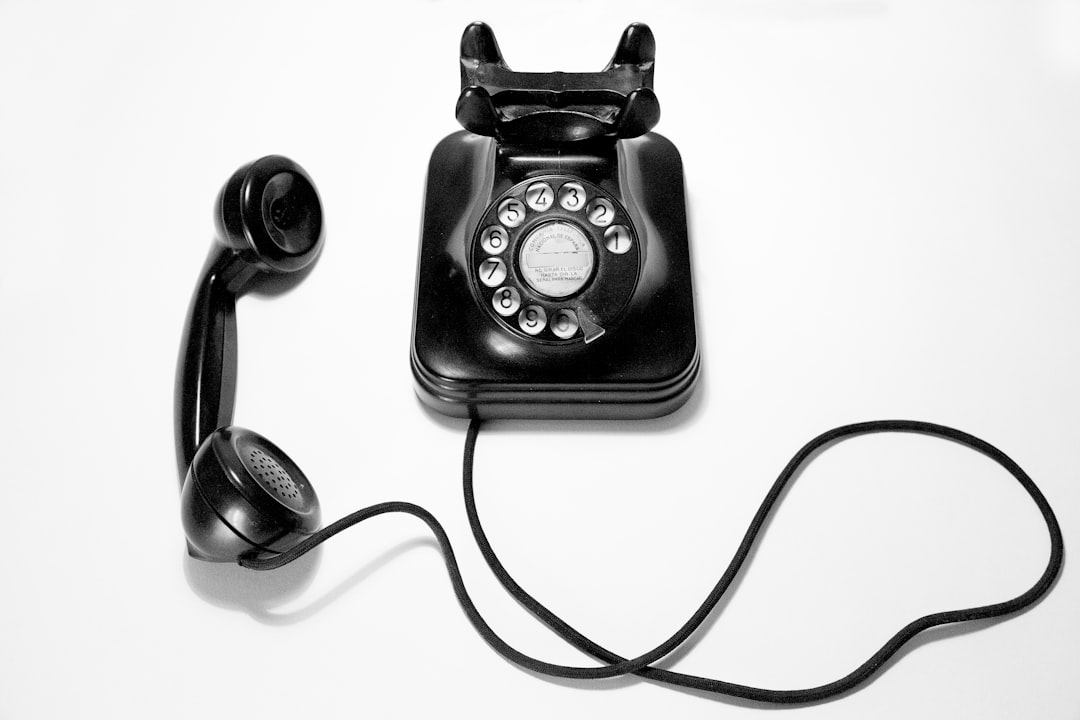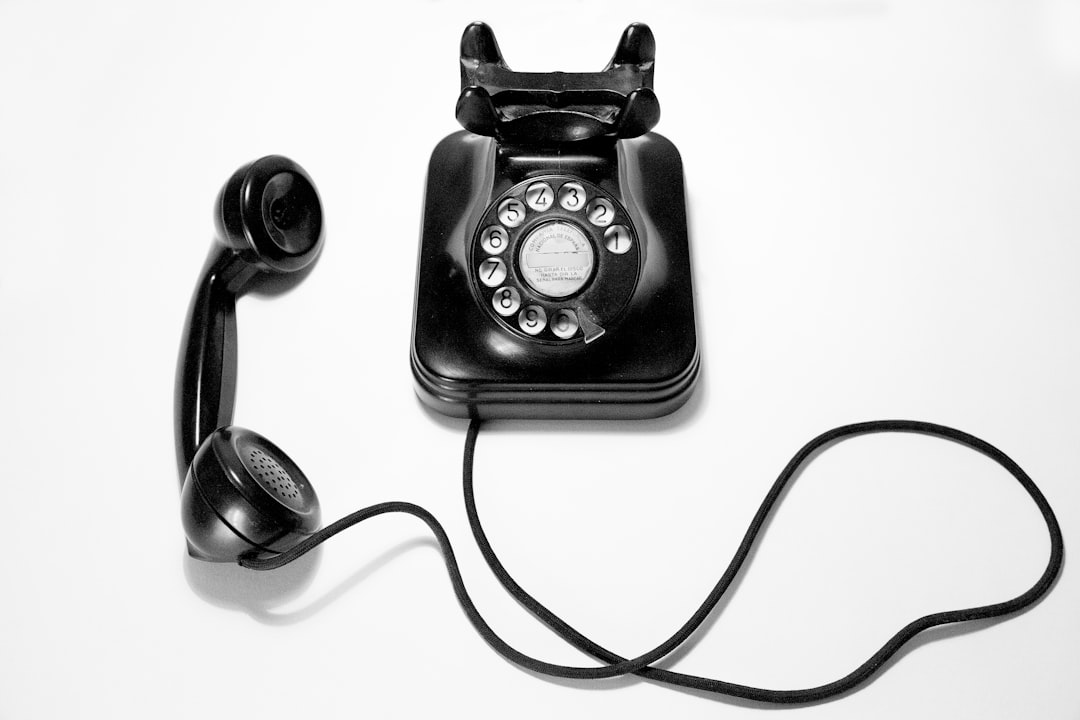In Louisiana, especially Lafayette, telemarketing practices are regulated by the Telephone Consumer Protection Act (TCPA) and state-level Do Not Call lists to protect residents from unwanted calls, particularly those related to legal services. Residents can register their numbers on the National and local Do Not Call Registries to limit marketing calls. Staying informed about scams and documenting call details is crucial. Violators face penalties, and residents have legal recourse through Do Not Call Lawyers Louisiana to block calls or seek damages.
Lafayette residents, are you tired of unwanted telemarketing calls? This comprehensive guide is your go-to resource for navigating the world of telemarketing in Louisiana. From understanding the state’s regulations and your consumer rights to spotting common scams and knowing your legal options, we’ve got you covered. Learn how to protect yourself and your family from intrusive calls, and remember: if you’re a victim, consult with a Do Not Call lawyer in Louisiana for expert advice.
Understanding Telemarketing and its Regulations in Louisiana

Telemarketing, or cold calling, is a common practice where businesses reach out to potential customers via phone to sell products or services. In Louisiana, including Lafayette, there are specific regulations in place to protect residents from unwanted calls, especially those related to legal services. The Telephone Consumer Protection Act (TCPA) restricts the number of telemarketing calls individuals can receive and provides guidelines for consent.
Louisiana has its own Do Not Call list, similar to the national one, which allows residents to opt-out of receiving marketing calls. It’s crucial that Lafayette residents are aware of their rights and can take action if they feel their privacy is invaded by persistent telemarketers. Remember, while some legal notices or collection calls might still occur, the TCPA limits when and how businesses can contact you, ensuring a balance between marketing efforts and consumer protection.
The Do Not Call List: How It Works and Who's Protected

In Louisiana, residents have a powerful tool at their disposal to combat unwanted telemarketing calls: the National Do Not Call Registry. This list is a nationwide database that allows individuals to opt-out of receiving marketing or sales calls at home. By registering, Lafayette residents can stop most pre-recorded or live telemarketers from contacting them unless the caller has an established business relationship or is trying to collect a debt.
The Do Not Call List works by prohibiting telemarketing companies from calling phone numbers listed on the registry. This means that if you’ve added your number, you’ll see a significant reduction in marketing calls. It’s protected under federal law, and violators can face penalties. For Louisiana residents, there’s an additional layer of protection as local Do Not Call laws further restrict when and how telemarketers can contact you, with penalties for non-compliance often handled by Do Not Call lawyers in the state.
Common Scams and How to Protect Yourself as a Lafayette Resident

As a Lafayette resident, it’s important to stay informed about common telemarketing scams targeting local folks. Scammers often pose as government agencies, utility companies, or even do-gooder organizations to trick residents into sharing personal information or money. They might claim there’s a problem with your account, demand immediate payment, or offer false promises of prize winnings.
To protect yourself, be wary of unexpected calls, especially those asking for sensitive information. Verify the caller’s identity by contacting the organization directly through official channels. Never provide personal or financial details over the phone unless you’ve initiated the call and are certain of the company’s legitimacy. Additionally, remember that reputable organizations won’t pressure you into making immediate decisions or payments. If something seems suspicious, hang up and report it to local authorities or consumer protection agencies. Also, consider registering your number on Do Not Call lists, specifically for Louisiana residents, to limit these unwanted calls from lawyers and other telemarketers.
Your Rights as a Consumer When Dealing with Telemarketers

As a Lafayette resident, you have certain rights when it comes to telemarketing calls. Despite the constant flow of unsolicited calls, you’re protected by federal and state laws designed to safeguard consumer privacy and prevent harassment. The Telephone Consumer Protection Act (TCPA) restricts how businesses can contact you via telephone, including restrictions on automated or prerecorded messages without your prior consent.
In Louisiana, additional protections are in place through the Do Not Call Registry. Residents who register their phone numbers on this list can expect a significant reduction in telemarketing calls. It’s important to know that you have the right to file complaints against telemarketers with the Federal Trade Commission (FTC) and your state attorney general’s office if you feel your rights have been violated. Remember, if you want to stop all calls from specific companies, you can register your number on the National Do Not Call Registry.
Legal Actions and Resources for Victims of Unwanted Calls

Lafayette residents facing relentless unwanted telemarketing calls have legal rights and resources available to them. According to federal law, including the Telephone Consumer Protection Act (TCPA), businesses are prohibited from making automated or prerecorded phone calls to individuals without prior express consent. Victims of such violations can take action by filing a complaint with the Federal Trade Commission (FTC) or seeking legal counsel from reputable do not call lawyers Louisiana.
If you’ve been troubled by frequent unwanted calls, document the incidents, including the caller’s information and the date and time of each call. This documentation can be crucial when pursuing legal options. Reputable do not call lawyers Louisiana can guide victims through the process, helping them understand their rights and seek appropriate remedies, such as blocking future calls or obtaining monetary damages.






